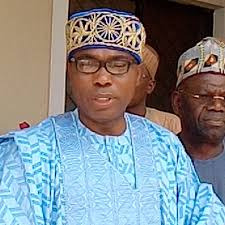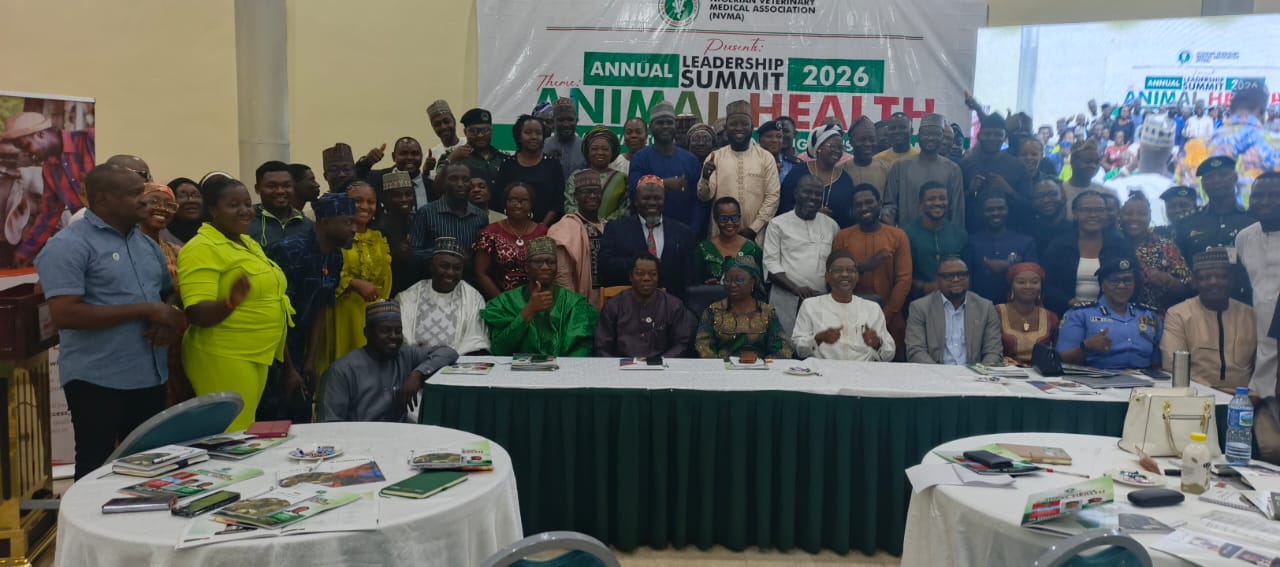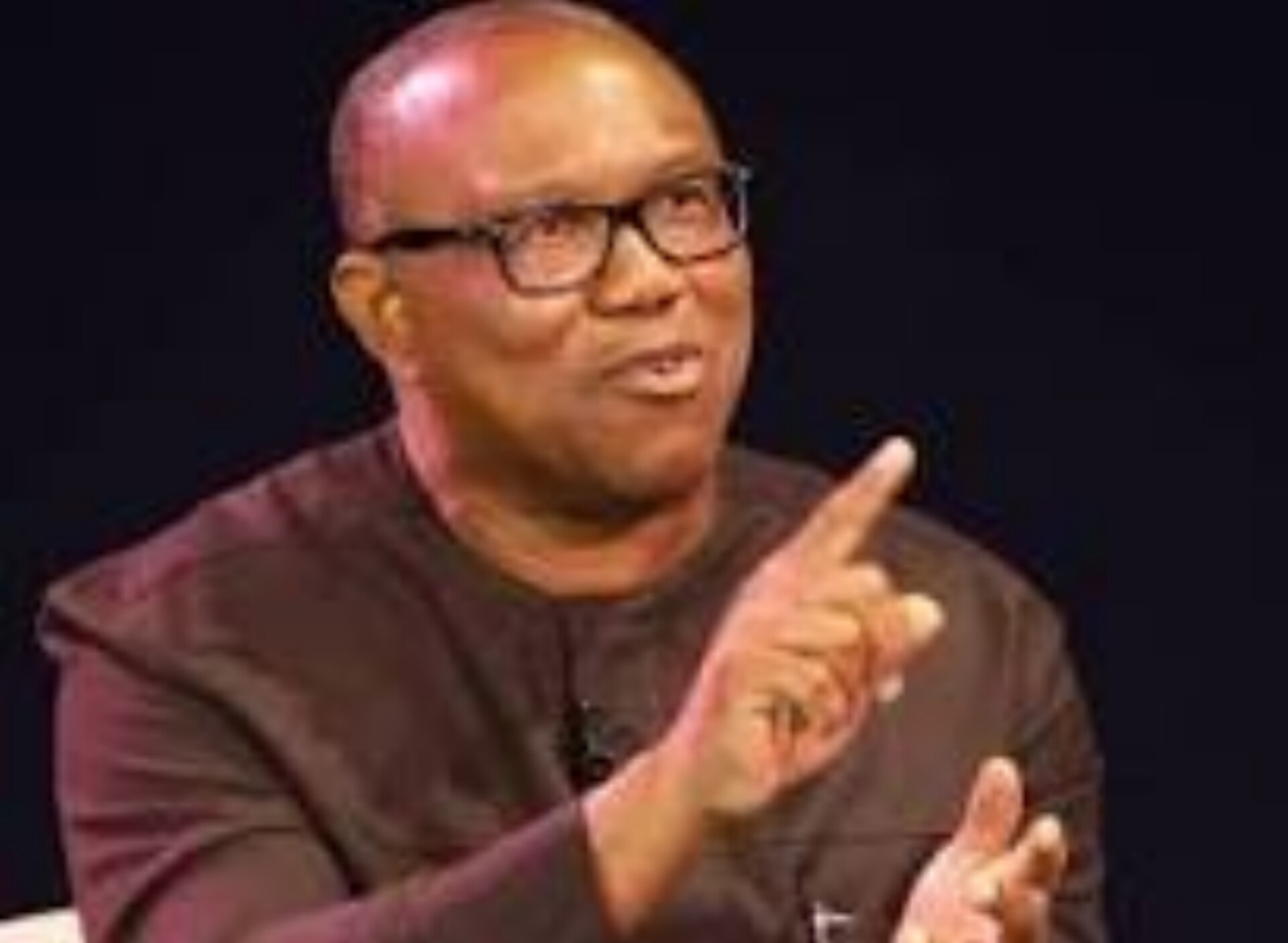The Presidential candidate of the Social Democratic Party, (SDP) Adewale Adebayo has indicated that Nigeria has loaned out to terrorists by the leaders so that the people can be busy praying in worship centres while the leaders loot the nation dry.
He said the people of the country, who he referred to as the shareholders must recover their country from the present crop of leaders so that the country will move from being a potentially great country to actually a great country.
Prince Adebayo stated this Thursday in Abuja in a Keynote address titled “Economic imperatives for sustainable development in Nigeria – from potential to actuality” at the launch of a book “Break the Box, Be Your Boss: Eneconomics principles for the making of a master-achiever” written by Enojo James.

According to him Nigeria is a political entity even though Boko Haram and bandits behave as if it is not a political entity, adding “the reason why Boko Haram and bandits are walking around is because those in charge of the political entity are allowing them, they have rented the place to them.
If they don’t want them to walk around, they will eradicate them.
“If the president of Nigeria wants to eradicate Boko Haram in 20 days, he will eradicate Boko Haram in 20 days. If he doesn’t want bandits, in seven days there will be no bandits. If he doesn’t want one chance in Abuja, in five days there will be no one chance in Abuja”.
However, he said, ”They will create the problem to send you to Church while they go to Central Bank”.
Talking of Nigeria as an “economic entity”, he said the country is first and foremost a company registered in London as Royal Niger Company by Goldie Taubman who bought the territory from the British and set up the West African Frontier Force to deal with any obstruction to his business.
He said the Royal Niger Company later became United African Company, UAC, which the British bought back from Taubman Goldie and set up Southern and Northern protectorates and brought them together in 1914 to become Nigeria.
Therefore, it is no wonder that Nigeria as an economic entity is making a lot of money, but the people get nothing because the present leaders still see Nigeria as a business, he said.
“Nigeria is first aó business and it is still being run as such. If you want to run it you contest election”.
According to Adebayo, Accountant General of the Federation, AGF, Ahmed Idris “is not a thief, but works for thieves. If you know what he stole, you will run out of this hall – no calculator can take it – it will only say error”.
“The Accountant General, the call him, bring money, give to oga. So, he keeps a little part of it. It’s not as if Accountant General is a thief, no! He works for thieves; he is not the real thief, he just works for them. When they say bring N20, he will keep 20k out of it. That 20k he has been keeping, that is what became 140 something billion naira. It is not the real money. If we mention the real Monday you run out of this hall”.
He said that is responsible for why Nigerian leaders don’t need efficiency or accountability and urged the “shareholders to be serious and insist that Nigeria must grow enough food to feed its citizens, provide housing, medical care to stop untimely death and give sound education to the citizens, adding that “failure to get appropriate education leads to unproductive and destructive population.
Also speaking at the programme, former Minister of Sports Solomon Along said “2023 is a critical year and Nigerians vote for Maggi, Salt or money they should not blame any government that is the product of that election”.
“We blame government in this country, but we should think of blaming those who produce that government. I mean it is not Nigerians, but the delegates who produced the candidates that Nigerians are given the option to chose between three or four devils without the appropriate knowledge which of the devils is a better one. We have been made to just look at them in the faces and say, well this one looks much better devil, not knowing we are going for the worst.
He advocated that the electoral umpire, INEC should include in their laws a tribunal to try delegates who collect money and hoist candidates on Nigerians.
The author of the book, Enojo James said the concept of the book is based on his personal experience on starting business small and grow it using step-by-step approach.
He said “in Nigeria we know what to do but we lack the guide to do it”, adding “everybody wants to be successful, but not everybody is successful. That is why I have put the approach in a book”.




